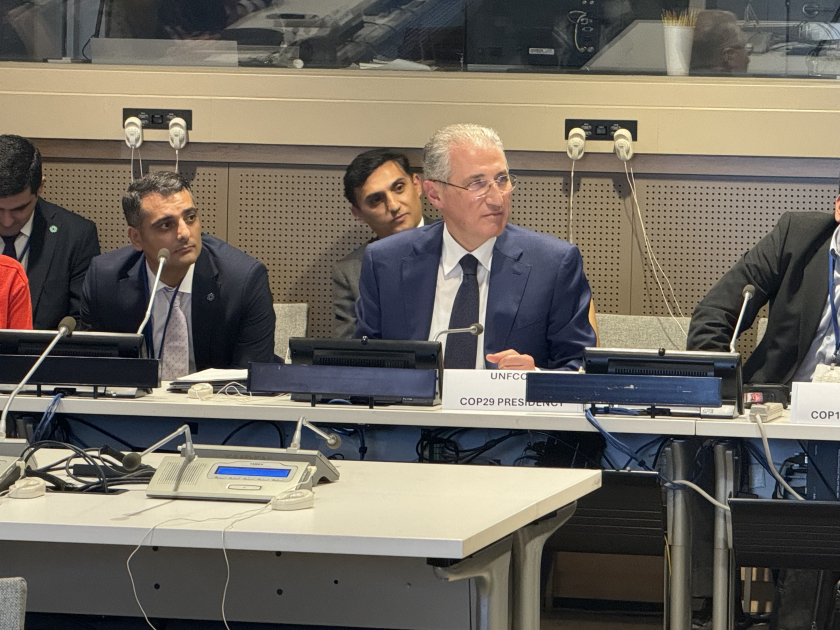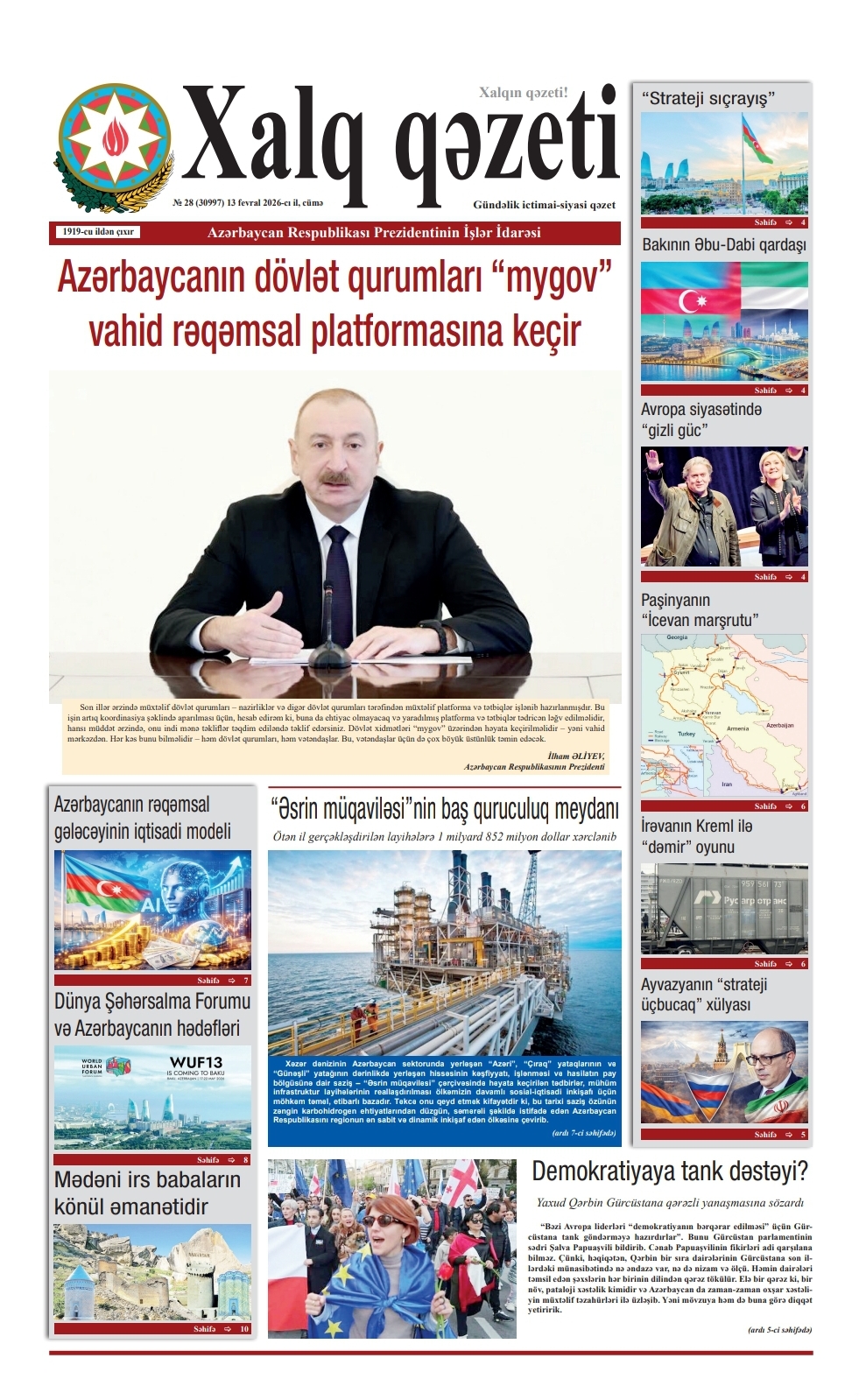Incoming COP Presidencies met on sidelines of UN General Assembly to drive global collaboration between climate change, biological diversity and desertification.
COP29 President-Designate Mukhtar Babayev met with incoming Rio Convention Presidents to officially launch the Rio Trio Initiative, a pioneering partnership between the Government of the Republic of Azerbaijan, the Government of the Republic of Colombia, and the Government of the Kingdom of Saudi Arabia.
This unprecedented collaboration aims to foster global sustainability efforts by aligning the work of the incoming presidencies of the UN Convention on Climate Change from Azerbaijan, the UN Convention on Biological Diversity from Colombia and the UN Convention to Combat Desertification from Saudi Arabia.
The three countries are united in their commitment to using their Presidencies to catalyse urgent and coordinated action, and they call upon the international community to engage with this initiative as a lasting platform for collaboration—both at and beyond the upcoming COPs.
Today’s launch convened a diverse group of stakeholders from governments, multilateral organizations, and civil society and highlighted the challenges and opportunities for collaboration between these critical global priorities. Representatives from both developed and developing countries shared their perspectives, offering insight into how cross-convention cooperation can drive effective solutions for global sustainability.
COP29 President-Designate Mukhtar Babayev stated, “By enhancing collaboration across the three Rio Conventions, we aim to unlock synergies, enhance efficiency, and drive concrete outcomes that benefit people and the planet. This is about recognising that the goals of the respective conventions are intrinsically linked and that progress in one area can catalyse advances in others.”
At the heart of the Rio Trio Initiative is a Joint Declaration, adopted by the three countries, that focuses on practical, coordinated efforts to address the intertwined challenges of climate change, biodiversity loss, and desertification, and calls for stronger partnerships between governments, multilateral institutions, and civil society.
As Mukhtar Babayev stated, “This initiative represents a critical opportunity to create integrated, lasting solutions for our planet’s most pressing environmental challenges. We urge the international community to join forces and build a more sustainable future for all.”
















